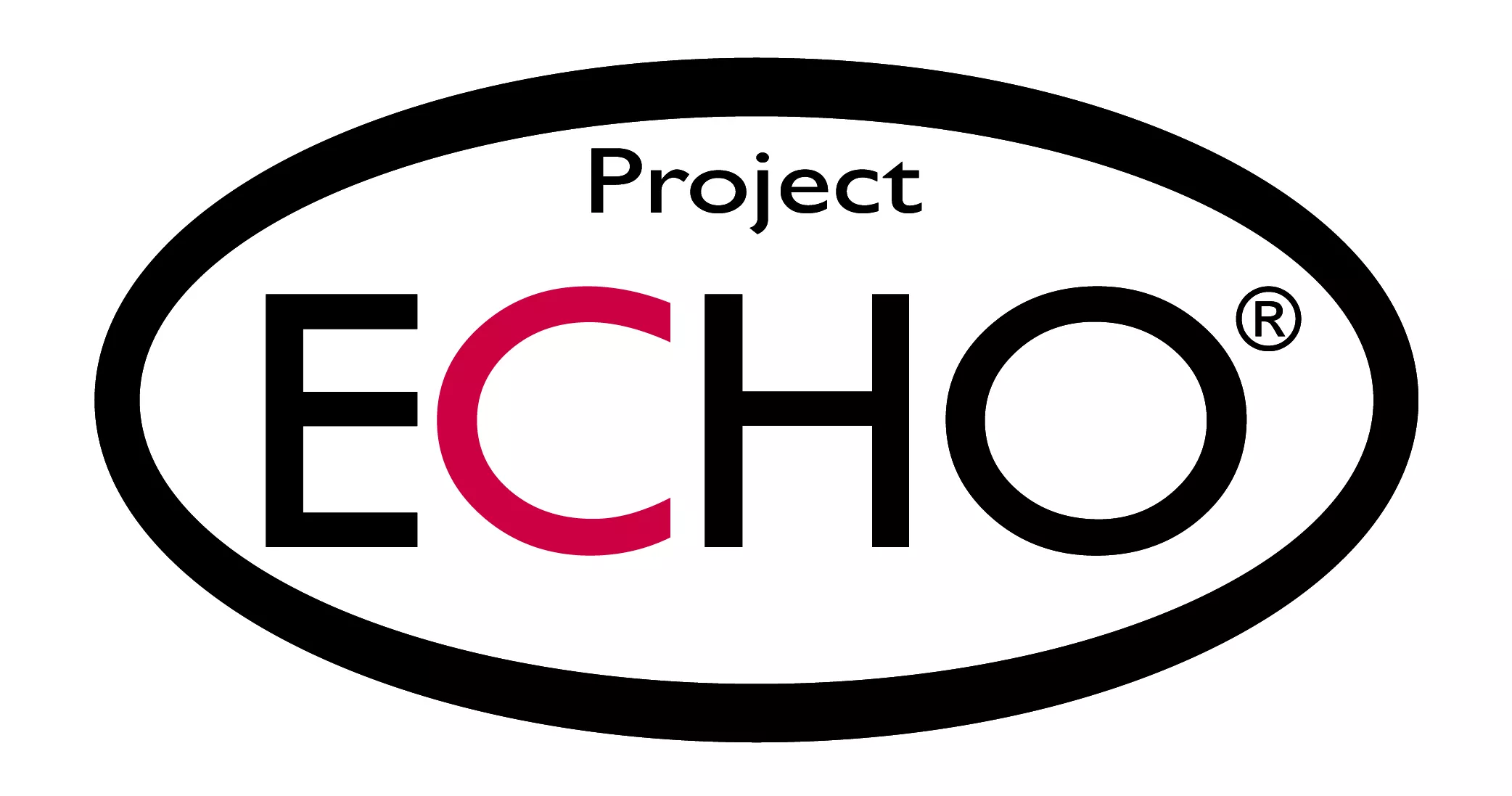
- The opportunity to learn from people with diverse expertise in supporting people with mental health and substance use needs, and to participate in collaborative case discussions
- Access to a highly knowledgeable community of practice, with participants bringing insight and experience from a range of clinical and non-clinical services and background
- Education and training resources, including evidence-based care recommendations generated through collaborative discussion with ECHO participants
What is the audience for ECHO? Am I a good fit?
The Provincial Mental Health and Substance Use ECHO is for a broad range of service providers, from clinical and non-clinical backgrounds, who work with people with complex mental health and substance use needs.
ECHO sessions regularly include participants such as nurses, supportive housing workers, peer support workers, Indigenous support workers, program managers, clinical educators, counsellors and many others. If you work with people with complex mental health and substance use needs, ECHO is for you!
When are ECHO sessions? How do I join?
ECHO sessions are held on Zoom, every two weeks on Wednesdays from noon – 1:00p.m. The winter/spring 2023 ECHO series begins March 1 and runs until June 21, 2023.
Register for the Provincial Mental Health and Substance Use ECHOto attend. After you register, you will receive a calendar invitation and Zoom link for the full series. No commitment is required: after you register, you can attend as many sessions as you like.
What is the format of an ECHO session?
ECHO sessions include a didactic presentation and a case presentation and discussion.
There is an educational presentation by a subject matter expert on topic relevant to mental health and substance use service providers. Following the presentation, participants are able to ask the presenter questions.
The collaborative case discussion includes a case presentation by an ECHO participant. The case focuses on a challenging scenario where the complex needs of the client would benefit from the diverse expertise in the group. The presentation is followed by a discussion among all participants to come up with recommendations to better support the client.
Can I present a case at an ECHO session?
Yes! Case presentations from ECHO participants are an important part of every ECHO session, and of the ECHO model. If you are interested in presenting a case at ECHO, email echo_bcmhsus@phsa.ca for more information.
How are ECHO presentation topics determined?
Presentation topics are determined by several areas, including an ongoing needs assessment led by the Provincial Mental Health and Substance Use Network . The evidence indicates that incorporating the perspective and preferences of patients leads to better outcomes. The needs assessment engages people with lived and living experience of mental health and substance use needs, as well as people working in complex care housing settings, to learn from their valuable perspectives and insights. The needs assessment is central to planning ECHO sessions. The Provincial Mental Health and Substance Use ECHO program planning team also includes a group of people with expertise in a range of mental health and substance use service backgrounds. This team – known as the Hub Team – helps to determine ECHO didactic presentation topics based on the information generated through the needs assessment. The Hub Team also supports case discussions and development of recommendations during ECHO sessions.

Have more questions? Contact us for more information







